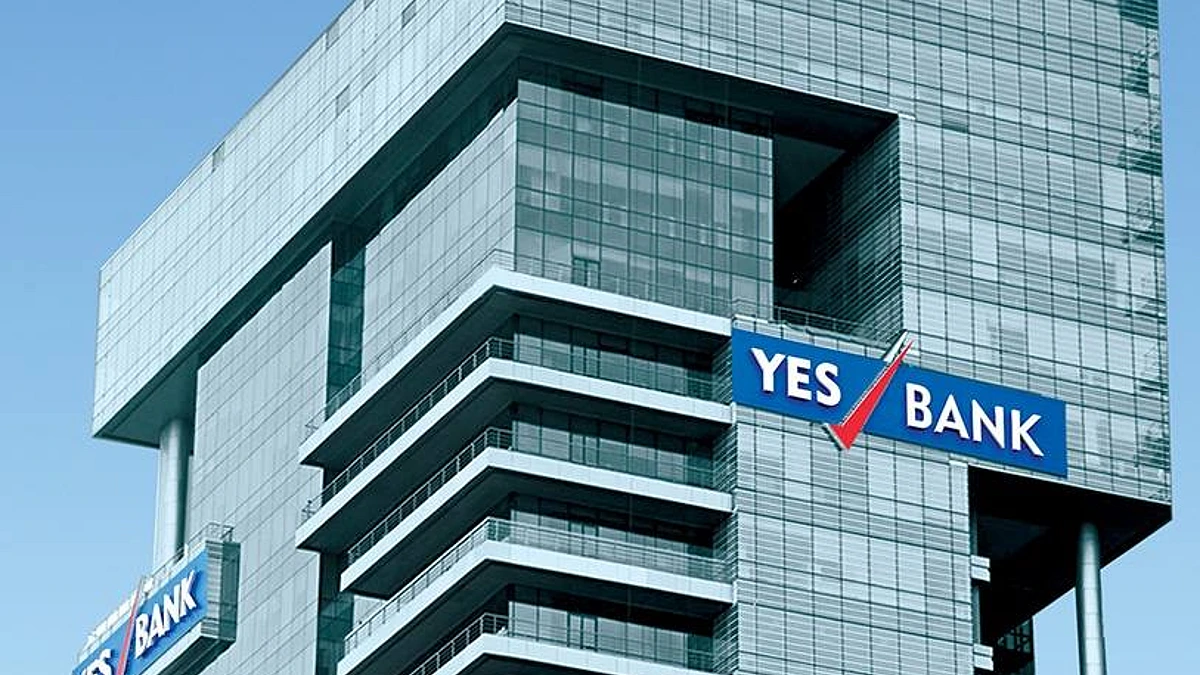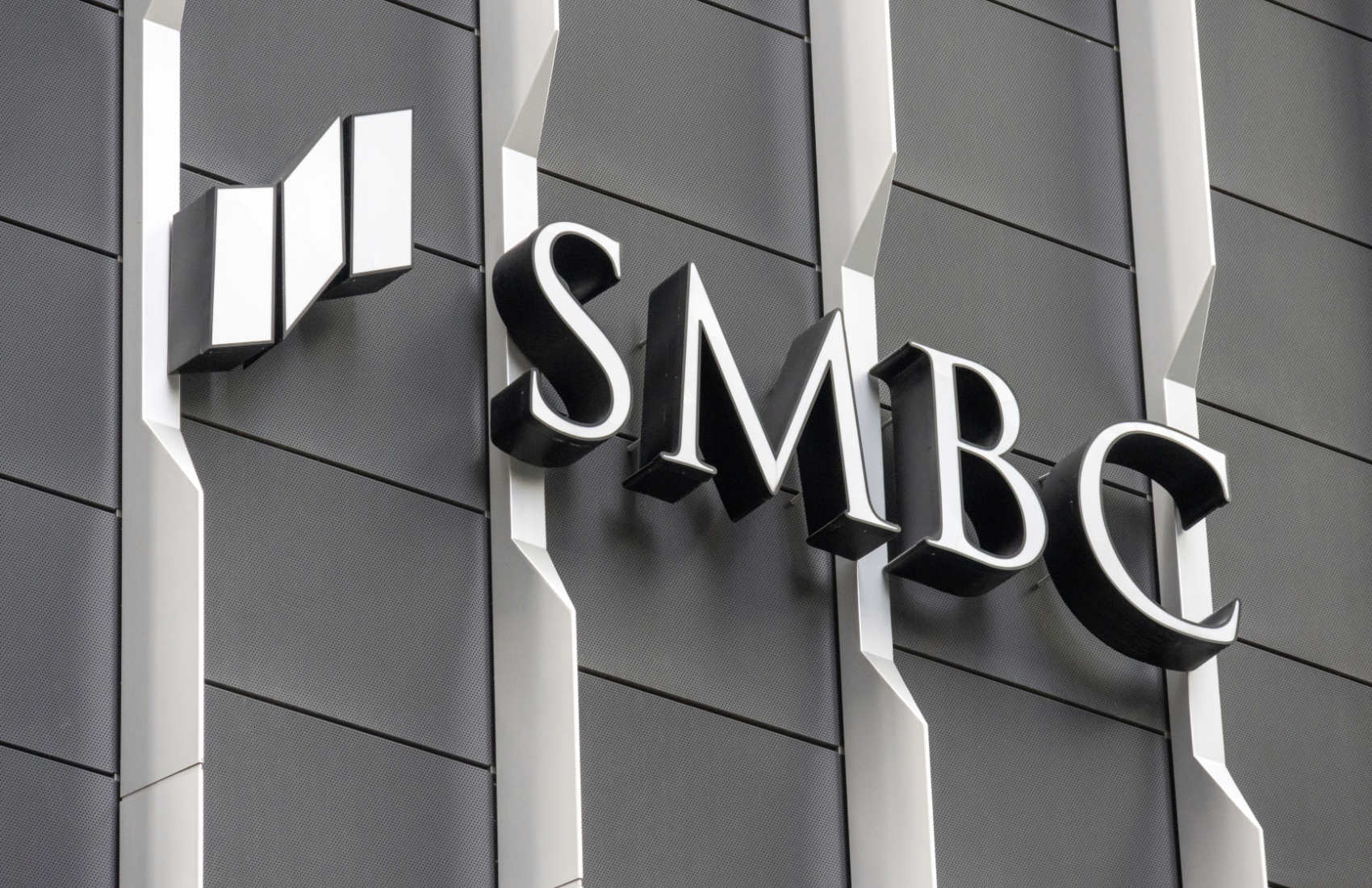Bandhan Bank Reduces Its Holding
Bandhan Bank has offloaded 15.39 crore shares of Yes Bank at ₹21.50 per share to Japan’s Sumitomo Mitsui Banking Corporation. With this sale, Bandhan Bank’s stake in Yes Bank has dropped sharply from 0.70 percent to 0.21 percent. The bank disclosed the transaction in an exchange filing on September 17.

This sale marks a continuation of the gradual exit of Indian banks that were part of the rescue consortium which had invested in Yes Bank back in 2020 when the lender faced severe financial stress.
SMBC Steps Up Its Stake in Yes Bank
The transaction comes close on the heels of SMBC acquiring a 13.18 percent stake in Yes Bank from State Bank of India for nearly ₹8,889 crore. SBI still holds a significant 10.8 percent stake in the bank.
In August, the Reserve Bank of India gave SMBC approval to acquire up to 25 percent in Yes Bank. This was followed by a nod from the Competition Commission of India in September, clearing the way for one of the largest foreign banking investments in India’s private banking system.
SMBC is not stopping there. It is also set to buy another 4.2 percent from Carlyle Group’s affiliate for around ₹3,066 million, further cementing its position as a strategic investor in Yes Bank.

The Larger Rescue Story of Yes Bank
Yes Bank’s financial troubles reached a peak in March 2020, prompting the Reserve Bank of India to step in and supersede its board. Soon after, a consortium of lenders led by SBI injected ₹10,000 crore to rescue the bank. Former SBI executive Prashant Kumar was appointed as CEO to stabilize operations and rebuild trust.
Yes Bank has since made strides in recovery. For Q1 FY2025-26, the lender reported a net profit of ₹808.70 crore, a 56.7 percent increase year on year, signaling progress after years of restructuring and cautious growth.

What This Means for Investors
The entry of SMBC is a strong vote of confidence in Yes Bank’s turnaround story and India’s banking sector. With deep pockets and global expertise, SMBC’s presence could boost Yes Bank’s credibility and help it expand lending, strengthen risk management, and pursue growth in corporate and retail banking.
For investors, however, the stock’s trajectory will depend on how quickly Yes Bank can consolidate its balance sheet, sustain profitability, and carve out a stable growth path under its evolving ownership structure.
Follow YouFinance on Instagram and Facebook for more updates on India’s financial markets and banking sector moves.














